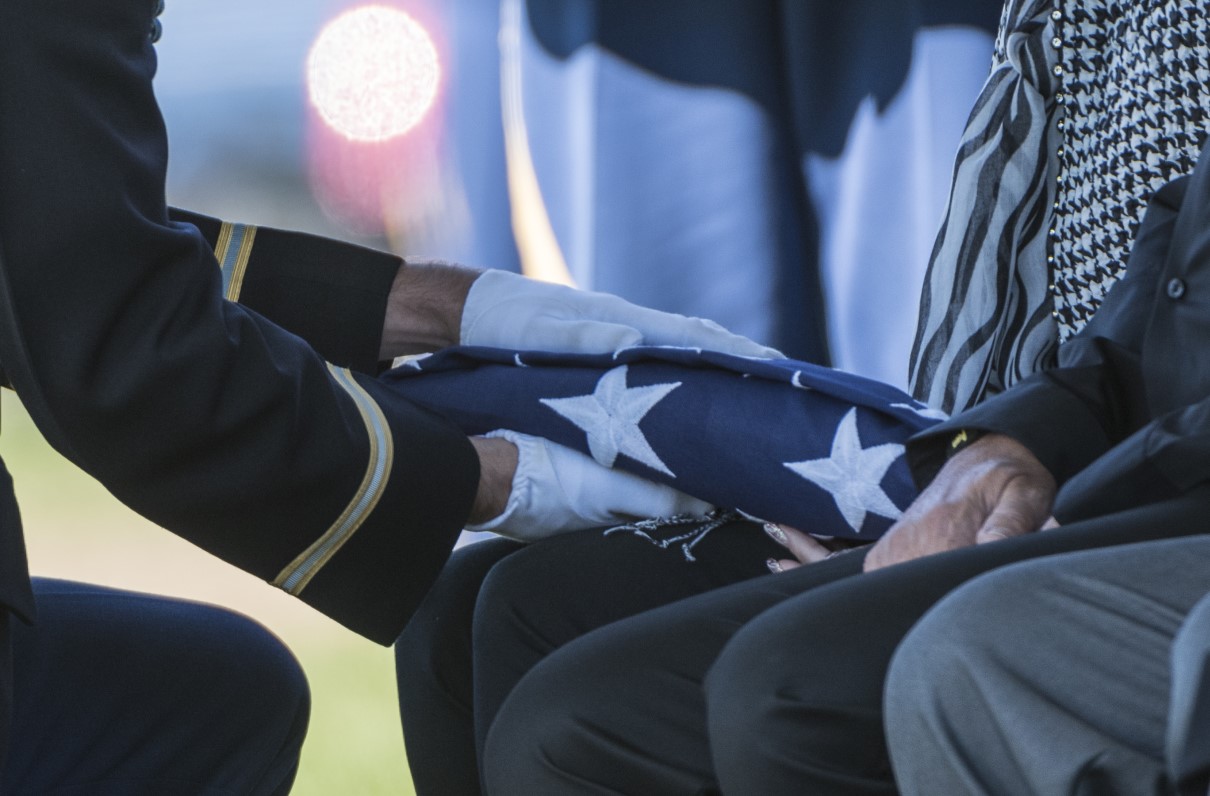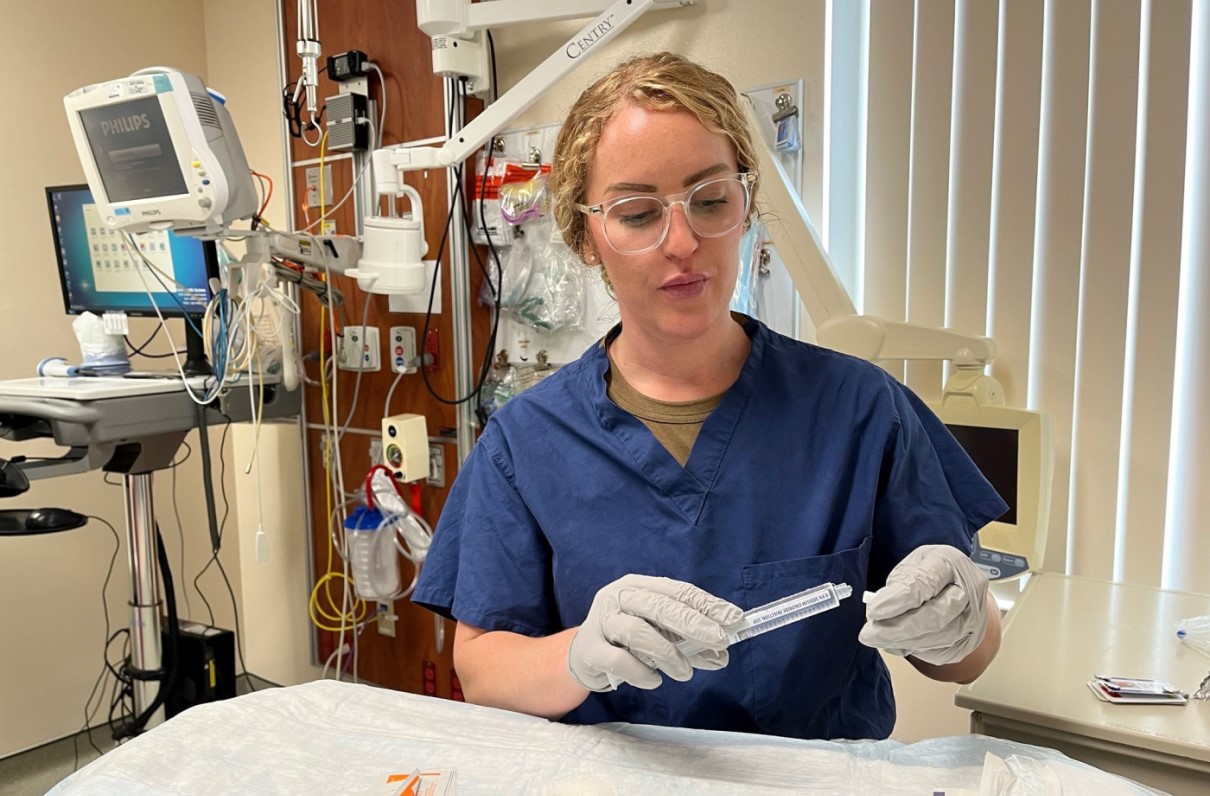Lawmakers from both parties in both chambers reintroduced legislation designed to keep benefits for survivors of veterans on pace with similar federal programs, and let some survivors of disabled veterans access the payments sooner.
Sens. Jon Tester (D-Mont.) and John Boozman (R-Ark.), and Reps. Jahana Hayes (D-Conn.) and Brian Fitzpatrick (R-Pa.), reintroduced the Caring for Survivors Act (S. 414 | H.R. 1083), which addresses longstanding disparities within the Dependency and Indemnity Compensation (DIC) program. DIC has undergone minimal adjustments since its establishment in 1993 to provide financial support to surviving family members of deceased servicemembers and veterans.
[TAKE ACTION: Urge Your Legislators to Support Remarriage Legislation for Surviving Spouses]
As a result, the benefit has fallen behind other federal program payments for survivors by almost 12%. The bipartisan effort to update and equalize DIC rates underscores a commitment to ensuring surviving families receive the support they deserve, commensurate with the evolving costs of living and federal benefit structures.
Under existing DIC regulations, a monthly benefit is paid to eligible survivors of:
- Servicemembers who died on active duty, or
- Veterans who died as a result of a service-connected injury or disease, or
- Veterans who did not die as a result of a service-connected injury or disease but were totally disabled by a service-connected disability for at least 10 years before death, or since their release from active duty and for at least five years before death, or for at least one year before death, if they were a former prisoner of war and died after Sept. 30, 1999.
The Caring for Survivors Act would cut the timeframe in half, to five years, for survivors of totally disabled veterans who did not die as a result of a service-connected injury of disease.
This proposal acknowledges disabilities can have lasting and significant impacts on survivors’ lives, irrespective of the duration of the disability. By enabling survivors to access benefits sooner, the bill would provide timely support to those who have endured the hardships that often accompany the care of disabled veterans.
The bill exemplifies the bipartisan spirit of cooperation in addressing the needs of veterans and their families. With Sens. Tester and Boozman, as well as Reps. Hayes and Fitzpatrick, joining forces across party lines, it underscores the universal recognition of the importance of honoring the men and women who have died in support of our nation. This collaborative effort reflects a commitment to prioritize the well-being of surviving families and acknowledges the sacrifices they have made for the greater good.
[MORE FROM MOAA: Surviving Spouse Resources]
Like other bills MOAA has supported, such as the repeal of the so-called “widows tax,” the Caring for Survivors Act may have to be implemented incrementally because of the high cost of the fix. While the Congressional Budget Office (CBO) has not scored the bill officially, the unofficial estimate is $45 billion over 10 years.
The current environment on Capitol Hill requires continued pressure and advocacy from constituents like you to achieve this goal, as was required with the widows tax repeal.
This legislation remains the top goal for The Military Coalition’s Survivor Committee. Contact your lawmakers today and urge them to co-sponsor the Caring for Survivors Act; the bill’s impact would be far-reaching, providing vital support to survivors and creating a more equitable and just system of compensation.
MOAA’s Surviving Spouse Corner
Hear from members of our Surviving Spouse Advisory Council and others on issues that affect you. Updated monthly.



